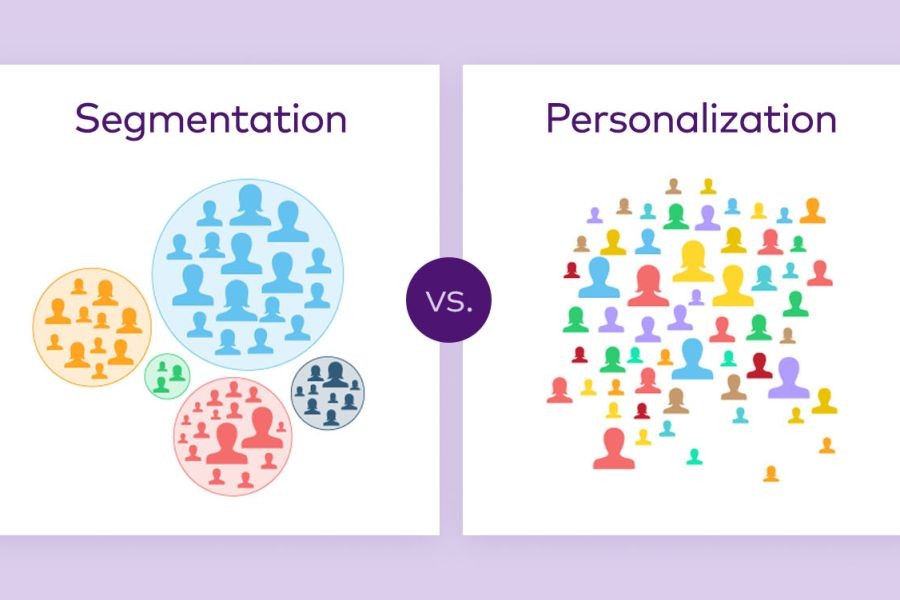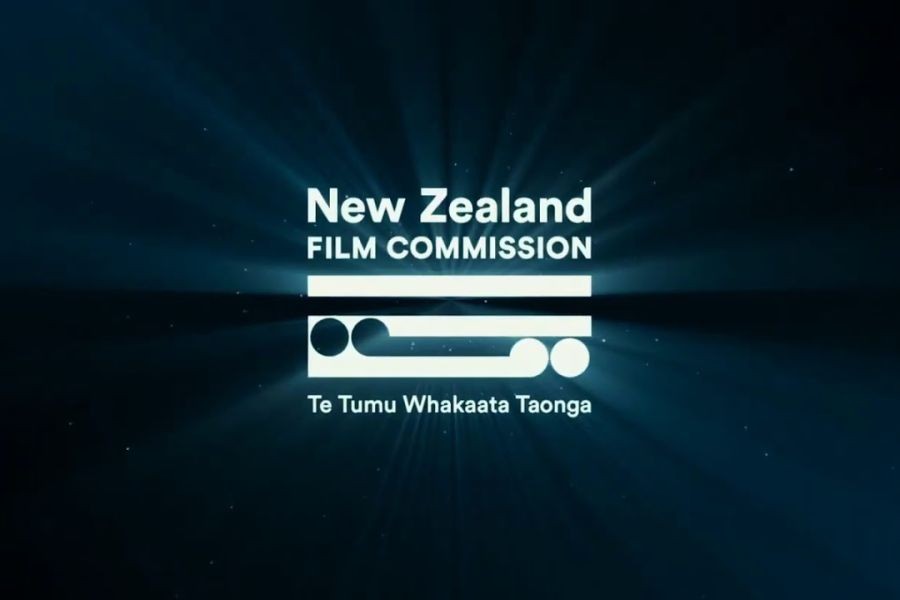Evolution of Kiwi Music in the Digital Age
New Zealand, a country known for its breathtaking landscapes and rich cultural heritage, is also home to a vibrant and evolving music scene. The digital age has transformed how music is created, shared, and consumed, offering new opportunities for Kiwi musicians to reach global audiences. This article explores the evolution of Kiwi music in the digital age, highlighting its impact on New Zealand's music industry and cultural identity.
The Importance of Music in New Zealand
Music has always been a vital part of New Zealand's cultural fabric, serving as both a reflection and a driver of societal change. From the traditional Māori waiata to contemporary pop and indie rock, music in New Zealand is diverse and unique. In the digital era, the accessibility and distribution of music have expanded, making it crucial to understand how these changes affect Kiwi artists and their audiences.
Digital Platforms Transforming Music Distribution
The rise of digital platforms such as Spotify, Apple Music, and YouTube has redefined how music is distributed and consumed globally. In New Zealand, these platforms have given local artists unprecedented access to international markets. According to the Recording Industry Association of New Zealand (RIANZ), digital music sales accounted for over 80% of the total music revenue in 2022.
One notable example is Lorde, whose debut single "Royals" became a global hit thanks to her strategic use of social media and music streaming platforms. Her success story illustrates how digital tools can propel Kiwi artists onto the world stage.
Case Study: Benee's Digital Rise
Benee, another rising star from New Zealand, leveraged TikTok to gain worldwide recognition. Her song "Supalonely" went viral on the platform, leading to millions of streams and a top spot on international charts. This showcases the power of social media in shaping music trends and catapulting local talent into the global spotlight.
The Role of Social Media in Music Promotion
Social media has become an indispensable tool for artists to connect with fans and promote their music. Platforms like Instagram, Facebook, and TikTok allow musicians to share their work, interact with their audience, and build a loyal fan base. An example of this is New Zealand band Six60, who have effectively used social media to engage with fans and announce new releases.
According to a survey by Music New Zealand, 70% of Kiwi musicians reported that social media was crucial for their marketing strategy. This highlights the significance of digital engagement in the modern music landscape.
Expert Insight: The Future of Music Promotion
Dr. Sarah Thompson, a music industry analyst, states, "The digital age offers artists more control over their careers than ever before. By effectively using social media, artists can bypass traditional gatekeepers and reach audiences directly."
Streaming Services Driving Industry Revenue
Streaming services have become the primary source of revenue for the music industry in New Zealand. As mentioned earlier, digital sales make up the majority of music revenue, with streaming accounting for a significant portion. The ease of access and affordability of streaming services have made them a popular choice for consumers.
In 2022, New Zealand's music streaming market grew by 15%, according to a report by PwC. This growth is expected to continue as more users adopt streaming as their preferred method of music consumption.
Case Study: The Success of Kiwi Indie Bands
Kiwi indie bands like The Beths have thrived in the streaming era, reaching international audiences without the backing of major record labels. Their success demonstrates the democratizing effect of digital platforms, allowing independent artists to find their niche and achieve commercial success.
Preserving Cultural Identity in the Digital Age
While the digital age offers numerous opportunities, it also poses challenges in preserving New Zealand's unique cultural identity. Māori music, in particular, plays a crucial role in the country's cultural heritage. Digital platforms can help promote traditional Māori music to global audiences while ensuring it remains connected to its roots.
Collaboration between Māori artists and digital content creators can help preserve and share this rich musical tradition. Initiatives like the Waiata Anthems project, which reimagines popular Kiwi songs in Te Reo Māori, are excellent examples of how digital tools can be used to celebrate and sustain cultural heritage.
Expert Insight: Balancing Tradition and Innovation
Te Awanui Reeder, a Māori musician, emphasizes, "Digital platforms provide a unique opportunity to showcase Māori music to the world. However, it's essential to balance innovation with respect for traditional practices."
Challenges and Opportunities Ahead
While the digital age presents exciting opportunities, it also brings challenges such as digital piracy and the need for fair compensation for artists. The New Zealand government and industry stakeholders must work together to address these issues and create a sustainable environment for musicians.
New initiatives like the New Zealand Music Commission's "Outward Sound" program, which supports international touring and promotion, are crucial in helping Kiwi artists capitalize on digital opportunities while maintaining their artistic integrity.
Conclusion: A Bright Future for Kiwi Music
The evolution of Kiwi music in the digital age is an exciting journey of innovation, creativity, and cultural preservation. By embracing digital platforms and leveraging social media, New Zealand artists can reach global audiences while staying true to their roots. The future looks promising for Kiwi music, with endless possibilities for growth and success in an ever-changing digital landscape.
For artists, the key takeaway is to harness the power of digital tools while preserving their unique cultural identity. For industry stakeholders, supporting initiatives that promote fair compensation and cultural preservation will ensure a thriving and diverse music scene for future generations.
References
- Recording Industry Association of New Zealand (RIANZ)
- Music New Zealand Survey 2022
- PwC New Zealand Music Industry Report 2022
- Waiata Anthems Project





























